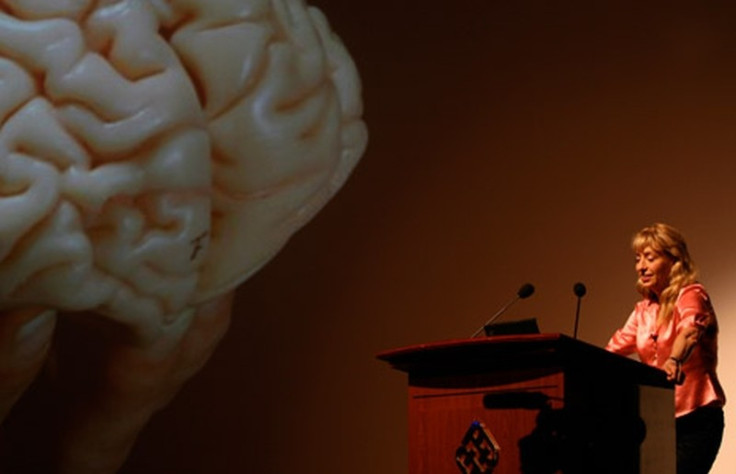Mobile Technology Changes Your Brain Claims Neurologist Baroness Greenfield
A neurologist at Oxford University claims that mobile technology changes the way our brains work.

Baroness Susan Greenfield, who is also the former Director of The Royal Institution of Great Britain, outlined her beliefs in a keynote address at the Association of Business Psychologists' 12th Annual Conference.
"The human brain has been described as exquisitely plastic. It's very sensitive to the environment. Your brain will change in reaction to your environment every moment of your life. The question we should be really interested in is how technology is making the brain change?" Greenfield said.
"In a few years we may well have embedded technology, in our clothes, even under our skin. The idea of embedded technology doesn't bother me, but as we move forward we should be asking - what kind of society do we want? Why do we want this technology, and what do we want people to use it for?"
However, Greenfield made it clear that she was not anti-technology.
"I don't want to turn the clock back," she said. "My concern is not that we have too much technology - but that we are not making the most of it."
Greenfield also revealed that she believes social networks actually lead to isolation, no matter how many 'friends' you have online.
"Ninety percent of the impression that you make on someone is how you talk, whether you make eye contact, what physical signals you convey, how you are able to respond to other people," she said, pointing out that autistic users felt comfortable working online because it avoided human interaction.
Greenfield compared modern technology to the piano in Victorian times as it now appears at the centre of family life and social interactions.
© Copyright IBTimes 2025. All rights reserved.





















